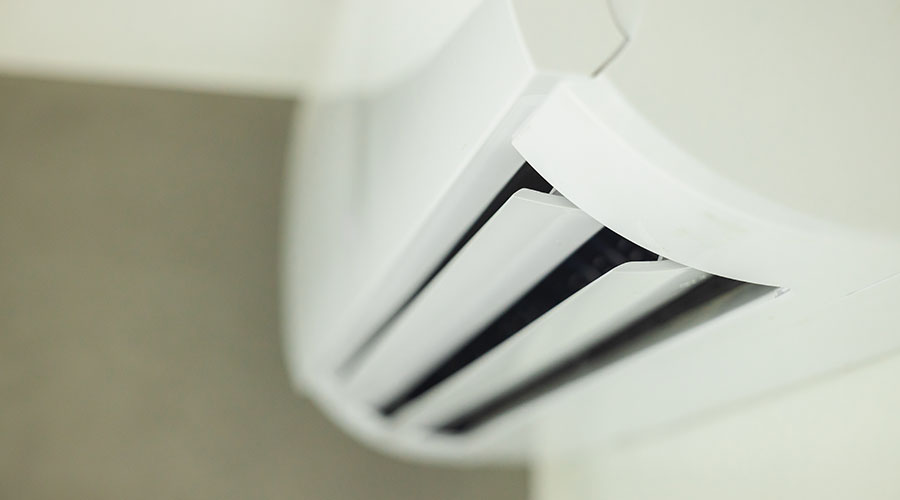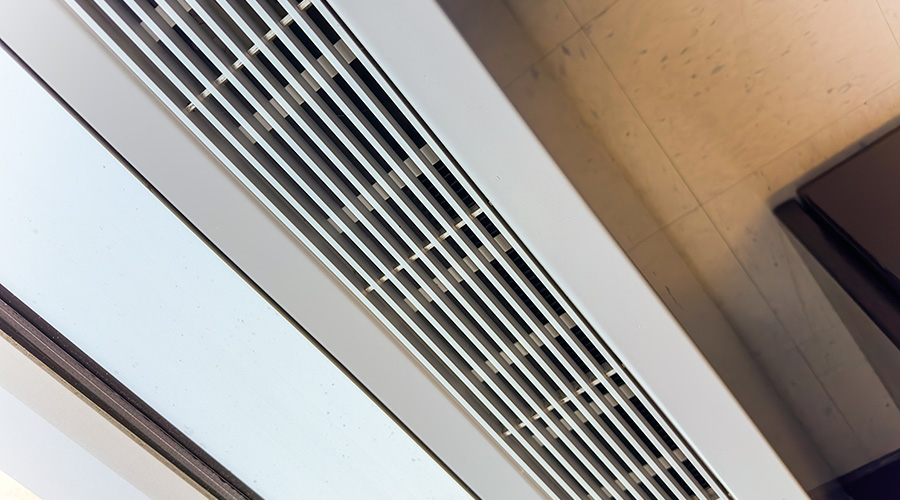ASHRAE's Proposed Legionella Standard Draft Open for 45-Day Public Comment
By Janet E. Stout and Garry R. Boehlert
OTHER PARTS OF THIS ARTICLEPt. 1: This Page
The third draft of the American Society of Heating, Refrigerating and Air-Conditioning Engineers, Inc. (ASHRAE) proposed Legionella standard opened for a 45-day public review January 25, 2013 through March 11, 2013.
ASHRAE's proposed Legionella standard specifies uniform practices for facility managers and building owners to identify and address conditions in building water systems, cooling towers and water features that could foster the growth and transmission of Legionella, the bacteria that causes Legionnaires' disease.
In short, the proposed standard calls for an annual survey of all human-occupied non-single family buildings to determine building and occupant risk characteristics for Legionella. When any of these risk characteristics apply, owners and facility managers will be required to form a risk management team, and conduct a hazard risk analysis of their water system for Legionella using Hazard Analysis and Critical Control Point (HACCP) principles.
The most noted change in the revised draft pertains to buildings that only contain water-based equipment and devices such as cooling towers, evaporative condensers, whirlpools, spas, ornamental fountains, misters and humidifiers. In these settings, a formal HACCP team and HACCP plan are unnecessary. For such facilities a "Water System Treatment and Management Program" for water-based equipment and devices (explained in Section 7.4 of the revised draft) is required. This more streamlined approach retains HACCP principles and methodology but stops short of the complete HACCP protocol required for buildings with more complicated water distribution systems.
Other changes include clarification on validating and verifying the effectiveness of water management plans aimed at reducing Legionnaires' disease.
There's no doubt that this proposed standard will impact facility managers and building owners approach to risk management. In fact, understanding and complying with the practices in the proposed ASHRAE Legionella standard could provide a compelling defense against claims and litigation alleging negligence in the design, operation and maintenance of commercial, institutional and industrial water systems.
Since this could be the last chance to give feedback before ASHRAE 188P becomes a standard, it is worthwhile to make every effort to review the draft before the March 11, 2013 deadline. Comments can be submitted for ASHRAE Standard 188P "Prevention of Legionellosis Associated with Building Water Systems" through March 11, 2013 by clicking here to visit ASHRAE's website.
Janet E. Stout, PhD, an infectious disease microbiologist, is director of Special Pathogens Laboratory (SPL) and a member of the ASHRAE committee responsible for Standard 188P. She can be reached at info@specialpathogenslab.com. SPL specializes in the detection, control and remediation of Legionella and other waterborne pathogens.
Garry R. Boehlert, Esq., is a partner in the Washington, D.C., office of Saul Ewing, LLP. He is experienced in defending Legionnaires' disease claims and litigation. He can be reached at gboehlert@saul.com.
Related Topics:











